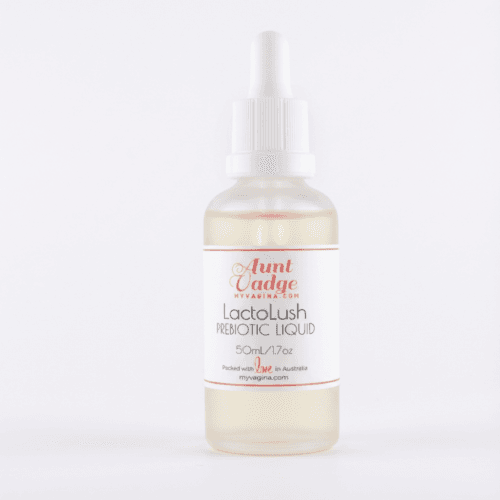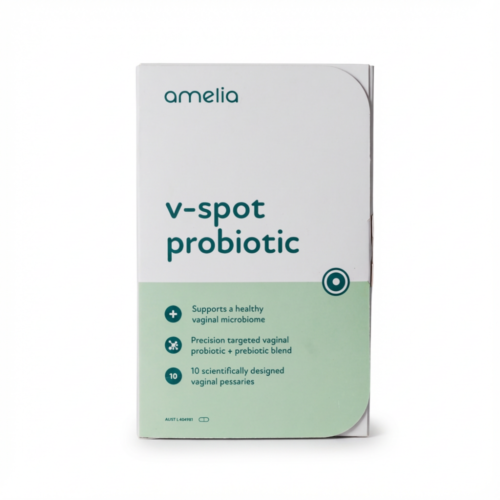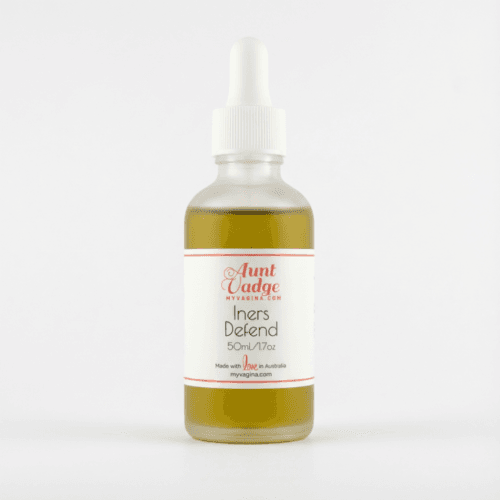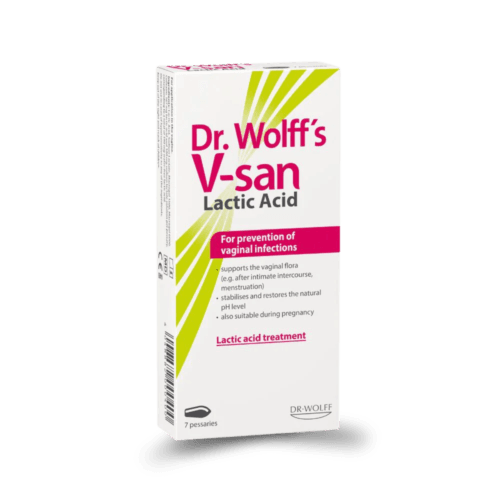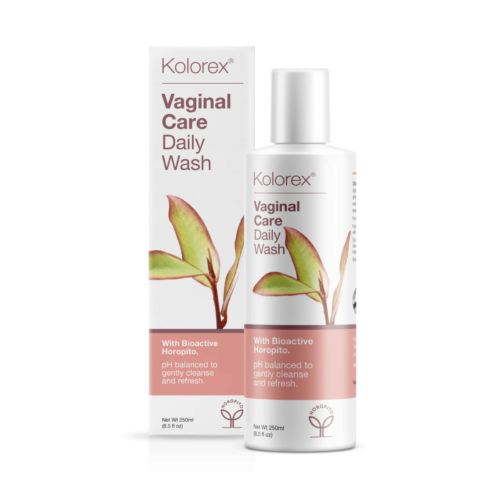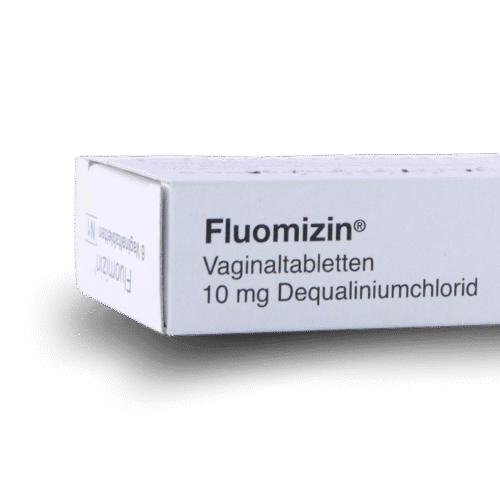Because we want you and your baby to be safe at all times, please do your homework and talk to your doctor, midwife or obstetrician before undergoing any vaginal or oral treatments.
We advise you to take the treatment plans to your appointments so your practitioner has all the information and can provide you with the best advice for your situation.
The goal of pregnancy BV treatments
While it is great to completely clear bacterial vaginosis (BV), if you are struggling to keep your vaginal microbiome stable and protective during pregnancy, using a management strategy may serve you best until you’re able to use different treatments safely.
The goal is to keep solid levels of protective lactobacilli species in the vagina to ensure your ecosystem is in tip-top shape to keep you and your baby safe.
Using lactulose and probiotics vaginally during pregnancy as a preventative
If you have BV, you can use the treatments below as directed.
If you already have a protective vaginal microbiome in your pregnancy, consider carefully your use of any treatments that could contribute to lactobacilli overgrowth and cytolytic vaginosis.
With all the discomforts of pregnancy, you will not enjoy CV too. Be judicious in your use of these ingredients.
If you want to use a prophylactic (preventative/supportive) treatment, use 1/4 of the powder of one vagina-specific probiotic in My Vagina’s vagina-safe highly dissolvable vegetable capsules topped up with lactulose. Insert 1 capsule before bed; you can use this 1-2 x per week.
Keep tabs on your pH, and if you experience any itching, thicker white discharge or burning, stop – you don’t need more of this treatment.
You can also use the lactulose alone, and skip the probiotic, as if you have a healthy vaginal microbiome already, then you’re just giving them some food, which can be very supportive on its own.
Avoiding positive GBS tests as you near birth
The lactulose and probiotic treatment has been successfully used as a management strategy to avoid Group B strep-positive tests and ensure a protective microbiome is (artificially) present until delivery.
There are no guarantees, but using a supportive preventative treatment that keeps solid levels of lactobacilli in the vagina can help keep GBS away and get that important clear test to avoid antibiotics during labour, where possible.
Even though GBS is considered an aerobic vaginitis-related bacteria, it is safe to use lactulose in a GBS-dominant vagina as it cannot use lactulose as an energy source, unlike other AV-related bacteria.
Pregnancy-friendly BV treatments
Important note on AV: If you have aerobic vaginitis (AV), avoid using lactulose if you have certain bacteria – check the list here of bugs that love lactulose.
Some UTI and AV-related bacteria can use lactulose as an energy source. GBS is NOT on the list, and it is safe to use lactulose with GBS.
If your AV-related bacteria are in high numbers and are dominant, Fluomizin and probiotics are the best treatment options for you.
- The Three L’s – lactulose, lactoferrin and lactobacilli (probiotic) treatment
- Lactulose and Probiotic Kit
- Fluomizin (Dequalinium chloride)
- Probiotics vaginally and orally (use My Vagina capsule, make a paste or use a gentle irrigation)
- Lactulose vaginally (use capsules, a clean dry finger or a gentle irrigation)
BV or AV treatments to avoid during pregnancy
- Hydrogen peroxide
- Herbal medicine
- Essential oils
- Oral or vaginal enzymes
Understanding why we can and can’t use certain treatments
Many substances can cross through to the bloodstream via the vaginal mucosa and thus may not be safe during pregnancy. We do not know the possibility or impact of these substances crossing the placental barrier.
Some vaginal or oral treatments may pose a risk to the protective mucous plug in the cervix or the environment that protects the integrity of the entrance to the cervix.
Having an infection or dysbiosis, especially chronic or recurrent, while pregnant can be very distressing since the only medical option is an antibiotic. But, without effective treatment, there are risks to the pregnancy and birth.
These risks are real. The issue we and your doctors face is finding a safe treatment that will work. Sometimes, this can’t be found in time, and management is your only option until after birth, which My Vagina treatments with lactulose and probiotic can do very well.
Please act cautiously and seek advice from your pregnancy-experienced healthcare practitioners.
Probiotics and their capsules
Probiotics present a very low risk and are beneficial in many cases1. Still, it’s essential to carefully assess the probiotic capsules and avoid using the original capsules that probiotics come in vaginally just in case they are enteric-coated or contain undesirable ingredients that could negatively affect the environment.
The probiotic we recommend is Life-Space Women’s Microflora, as these capsules are pure vegetable with no enteric coating, and can be used directly in the vagina. We use this powder in our own vagina-safe vegetable capsules with lactulose or as a paste or vaginal irrigation.
Getting help
If you’re not sure, book with one of My Vagina’s vulvovaginal specialist naturopaths for expert advice or see your healthcare professional.
References
- 1.Sheyholislami H, Connor KL. Are Probiotics and Prebiotics Safe for Use during Pregnancy and Lactation? A Systematic Review and Meta-Analysis. Nutrients. Published online July 13, 2021:2382. doi:10.3390/nu13072382



